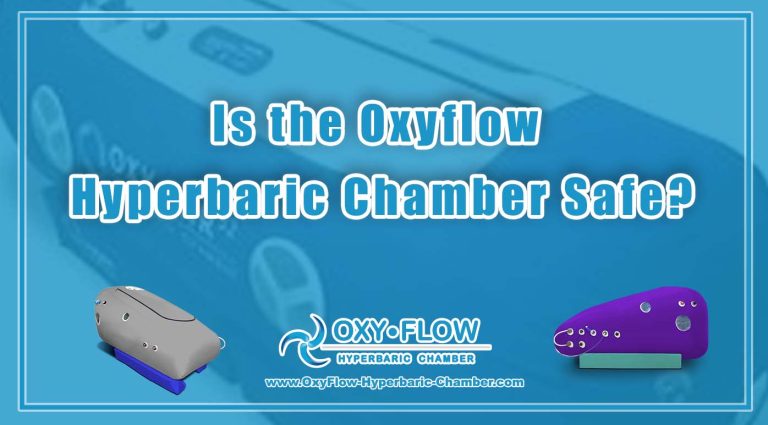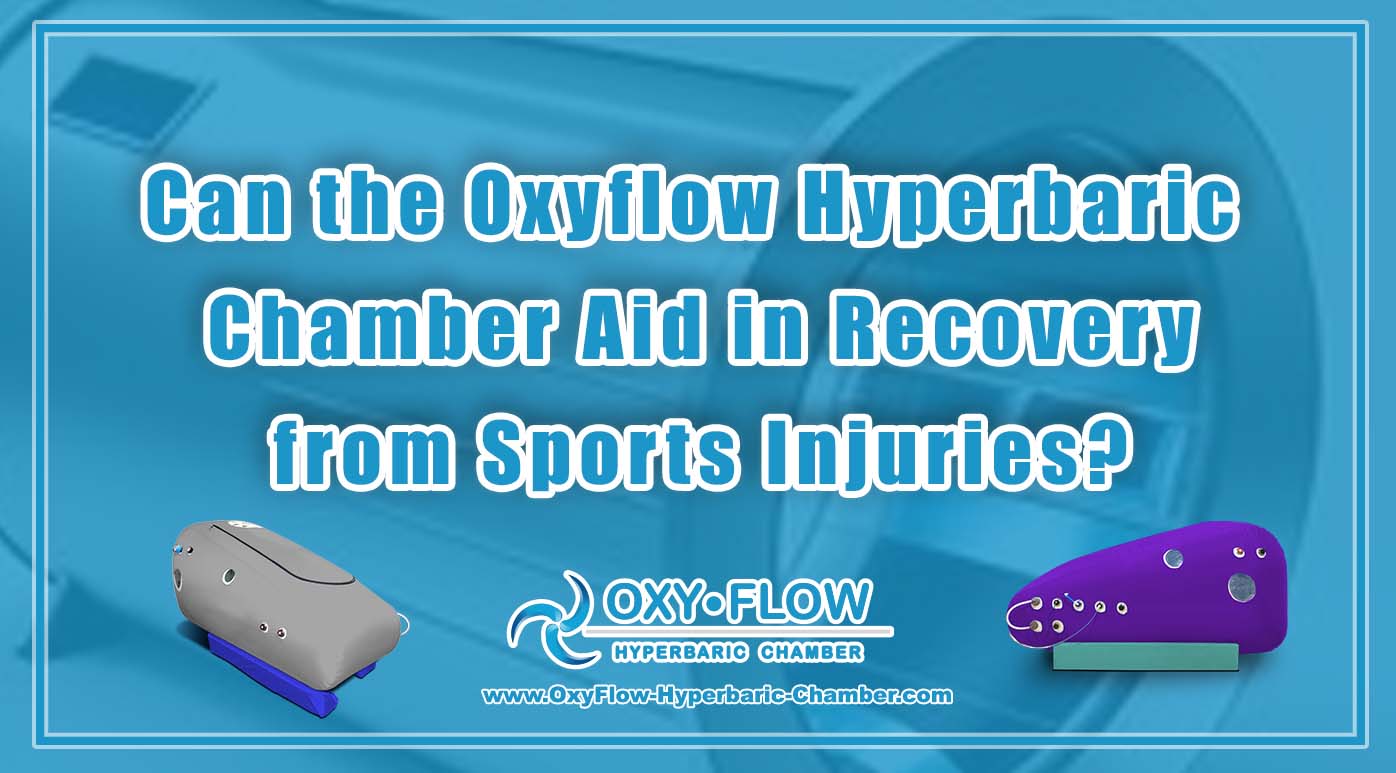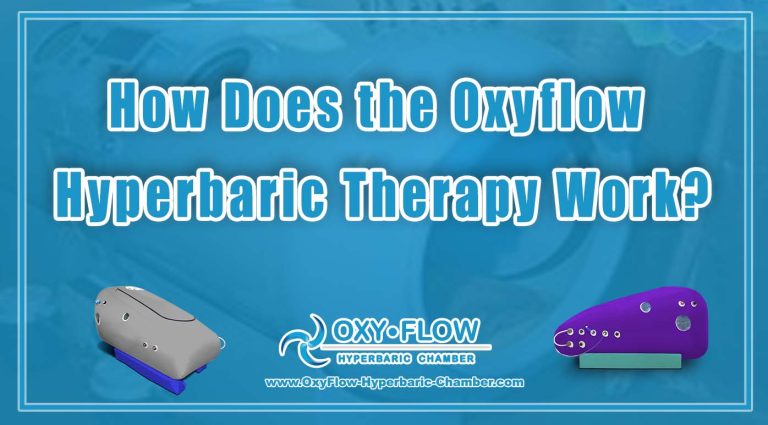

Can the Oxyflow Hyperbaric Chamber Aid in Recovery from Sports Injuries?
Introduction.
Sports injuries are a common occurrence among athletes in the USA, and effective recovery is essential for a quick return to peak performance. One innovative approach gaining attention is the use of the Oxyflow Hyperbaric Chamber for sports injury recovery. In this article, we will explore whether the Oxyflow Hyperbaric Chamber can aid athletes in their journey to recover from sports-related injuries.
The Impact of Sports Injuries.
Sports injuries can range from minor strains to more severe injuries such as fractures and ligament tears. These injuries not only affect an athlete’s physical well-being but also have psychological and career implications. Effective and timely recovery is crucial to minimize downtime and ensure a successful return to the field or court.
Understanding the Oxyflow Hyperbaric Chamber.
The Oxyflow Hyperbaric Chamber is a medical device designed for hyperbaric oxygen therapy (HBOT). HBOT involves exposing individuals to pure oxygen in a pressurized chamber, providing several potential benefits for recovery.
How the Oxyflow Hyperbaric Chamber May Aid in Recovery.
Here are ways in which the Oxyflow Hyperbaric Chamber may contribute to sports injury recovery:
1. Accelerated Healing.
The increased pressure and oxygen levels in the chamber can enhance the body’s natural healing processes. This may lead to faster recovery from soft tissue injuries, such as muscle strains and ligament sprains.
2. Reduced Inflammation.
Inflammation is a natural response to injury but can sometimes impede the healing process. HBOT may help reduce inflammation, promoting a more efficient recovery and pain management.
3. Tissue Oxygenation.
The therapy can improve oxygen delivery to damaged tissues, which is essential for cell repair and regeneration. Well-oxygenated tissues are more likely to heal effectively.
4. Decreased Risk of Infections.
The chamber’s sterile environment and increased oxygen levels can help reduce the risk of infection at the injury site, a common concern during recovery.
Considerations for Athletes.
While the Oxyflow Hyperbaric Chamber shows promise for sports injury recovery, athletes should keep the following considerations in mind:
1. Consultation with Healthcare Professionals.
Before pursuing HBOT, athletes should consult with their healthcare team, including sports medicine specialists and physical therapists, to assess its suitability for their specific injury and recovery plan.
2. Part of a Comprehensive Plan.
The use of the Oxyflow Hyperbaric Chamber should be considered as part of a comprehensive injury recovery plan, which may include physical therapy, rehabilitation exercises, and rest.
Conclusion.
The Oxyflow Hyperbaric Chamber holds promise as a tool to aid in sports injury recovery for athletes in the USA. By accelerating healing, reducing inflammation, improving tissue oxygenation, and decreasing infection risk, it may contribute to a swifter and more effective recovery process. However, athletes should consult with healthcare professionals to determine the most suitable and comprehensive recovery plan for their specific injuries.
Disclaimer.
This article is for informational purposes only and does not constitute medical advice. Athletes with sports injuries should consult with healthcare professionals and sports medicine specialists to determine the best treatment options and recovery strategies.




